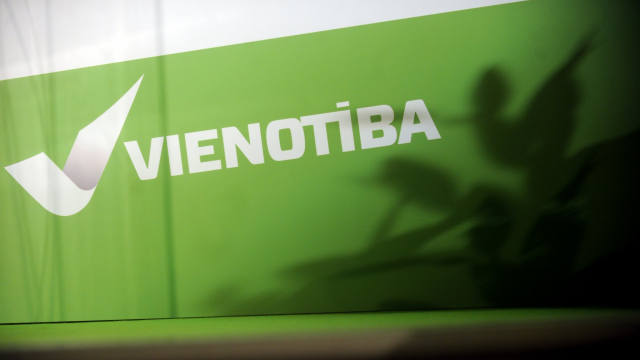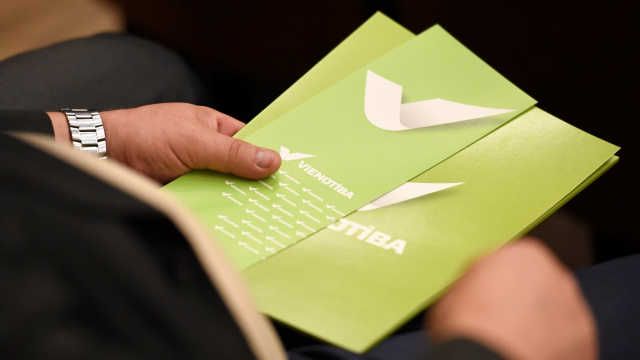The report includes questions about the ability of the Corruption Prevention and Combating Bureau (KNAB) to monitor and regulate political spending campaigns. KNAB has "little clue what to so" the report author Aija Krūtaine says, as a result of KNAB's position that because social media such as Facebook and Twitter are not domiciled in Latvia, the regulations that apply to old-fashioned print and poster campaigns do not apply.
One thing is clear from even cursory use of social media in Latvia: Riga mayor Nils Ušakovs is "possibly the most skilled and best financed Latvian politician in terms of social media use," with a regularly updated YouTube channel offering bespoke content as well as re-posts of material from Riga council departments. His Facebook presence also dwarfs that of any of his rivals.
"The campaign for upcoming Latvian parliament elections [On October 6] will officially start on June 9, 2018. Until then, politicians can publish anything they like on the social media and can pay to reach wider audience without any limits. The party campaign and financing watchdog – and the current legislation – allows it," says Re:Baltica.
While spending during the four-month pre-election period is strictly controlled by law, outside that window there is no limit - and tracing the source of funding for the more expensive campaigns is difficult. But, Re:Baltica suggests, online spending already accounts for more than 10% of election advertising and that number looks certain to rise rapidly.
The controversies surrounding alleged Russian interference in election campaigns worldwide is another cause for concern - Latvia would seem to be an obvious target for such a strategy, though the head of the NATO Strategic Communication Center Of Excellence in Riga, Jānis Sārts plays it down in the Re:Baltica report: “I don’t think the possibility is large because, from a Russian perspective, there are other influence instruments that are available to them,” he says.
You can read the full report at the Re:Baltica website HERE or by following the link below.
#Latviatoo can't get information from Facebook and Twitter on how much local politicians spend to promote their posts. And it seems that the regulators in all Baltics don't realize how huge the problem could be. Our investigation.https://t.co/bA2nRnH9al pic.twitter.com/nI79t6PHnd
— Inga Springe (@IngaSpringe) February 9, 2018





























